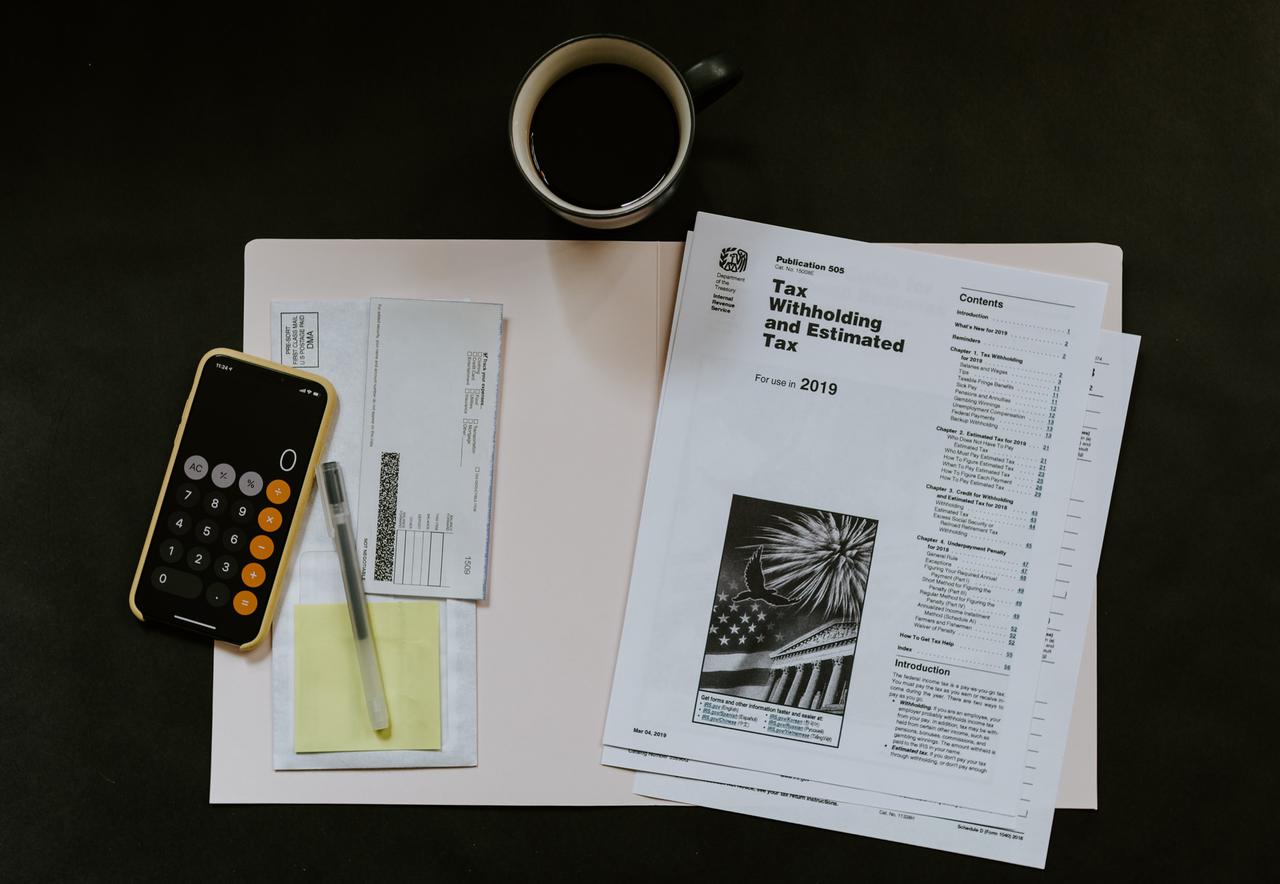You get a VA mortgage for investment property the same way you’d get a VA mortgage for a single-family residence. You’d qualify based on your income and credit rating.
However, if you want to get credit for the potential rental income from the property, the lender needs to verify that you have some landlord, property management or related experience and that you have savings to cover your mortgage payment even if the units go unrented for six months. According to the VA, lenders must verify:
Cash reserves totaling at least 6 months mortgage payments (principal, interest, taxes, and insurance – PITI), and Documentation of the applicant’s prior experience managing rental units or other background involving both property maintenance and rental.
If the VA lender determines that you have enough savings and the “reasonable likelihood of success as a landlord,” it allows you to count current or potential rental income to offset your mortgage payment.
Calculating your qualifying rental income. You don’t get to count all of the rental income when qualifying for a VA home loan. Underwriters look at the current leases on the property and allow 75 percent of the rent from the units you won’t occupy yourself. If the property does not have renters, the lender allows 75 percent of an appraiser’s opinion of the fair rental value for the units.
VA underwriting guidelines state that, “A percentage greater than 75 percent may be used if the basis for such percentage is adequately documented.”
How it actually works as of this writing, there is a 3,700 square foot duplex in Las Vegas, NV with a sale price of $315,000. The second unit provides $1,400 a month in rental income.
Assume that you put zero down and finance $315,000 plus a $6,772 VA Funding Fee. Your total monthly payment, including taxes and homeowners insurance, would be about $2,000 with a 4.5 percent mortgage rate.
If you don’t count the rental income towards your mortgage qualification and have no other debts, you’d need qualifying income of $4,878 a month to get loan approval. That’s because the VA allows up to a 41 percent debt-to-income ratio, which is your monthly debt payment divided by your monthly gross (before tax) income.
If you are able to use the rental income to qualify, you get a different picture:
The lender would offset the mortgage payment by 75 percent of the rental income
75 percent of $1,400 is $1,050
Subtracting $1,050 from your $2,000 mortgage payment gets you a payment of $950
With no additional debts, your income required to qualify drops to $2,317 a month.
Required reserves to use the rental income or potential rental income for qualifying, you’ll have to prove that after closing, you’ll have savings equal to six months of your total homeownership costs — principal, interest, property taxes and homeowners insurance.
For the example above, that’s six times $2,000, or $12,000.
VA mortgage closing costs to boost your reserves after closing, you may have to minimize your closing costs. There are several ways to do this.
You can have the seller pay your closing costs instead of asking for a lower purchase price. For example, instead of offering 97 percent of the asking price, make a full-priced offer and ask for a 3 percent credit toward your closing costs.
You can also have your mortgage lender cover these costs in exchange for charging a higher mortgage rate. In general, every point (1 percent) credit towards closing costs increases your interest rate by .125 to .25 percent, depending on the lender.
Finally, instead of paying the VA funding fee, which insures your loan, you can wrap it into the loan amount. In the example above, the funding fee was wrapped into the loan. This does increase your payment but allowing your rental income to offset your payment makes qualifying easier.
If you have a disability rating the funding fee is waived.
You can purchase a larger property for instance, 6- units if 2 veterans like a husband and wife purchase together. 8-units can be purchased if 3 veterans purchase together.
Need a knowledge VA mortgage lender?
One more reason to buy rental property: Tax cuts for landlords
Erik J. MartinThe Mortgage Reports Contributor
February 8, 2018 - 4 min read
In this article:
Recent tax changes can be beneficial for landlords, but there are some restrictions as well:
The Tax Cubs and Jobs Act gives some landlords a 20 percent deduction on the income generated from their rental property.
If you’ve purchases property via a pass-through entity, your tax rate will be lower than it was previously, and there are also new rules allowing you to claim depreciation faster.
However, the new tax law caps state and local tax deductions at $10,000. If you’re considering becoming a landlord, you’ll also need to have plenty of cash on hand for a down payment, as well as cash reserves.


